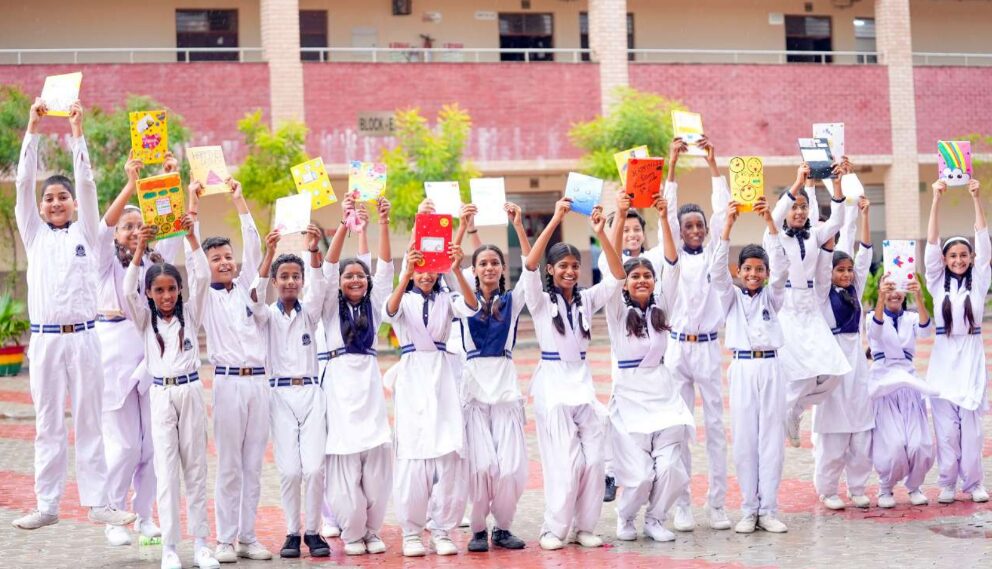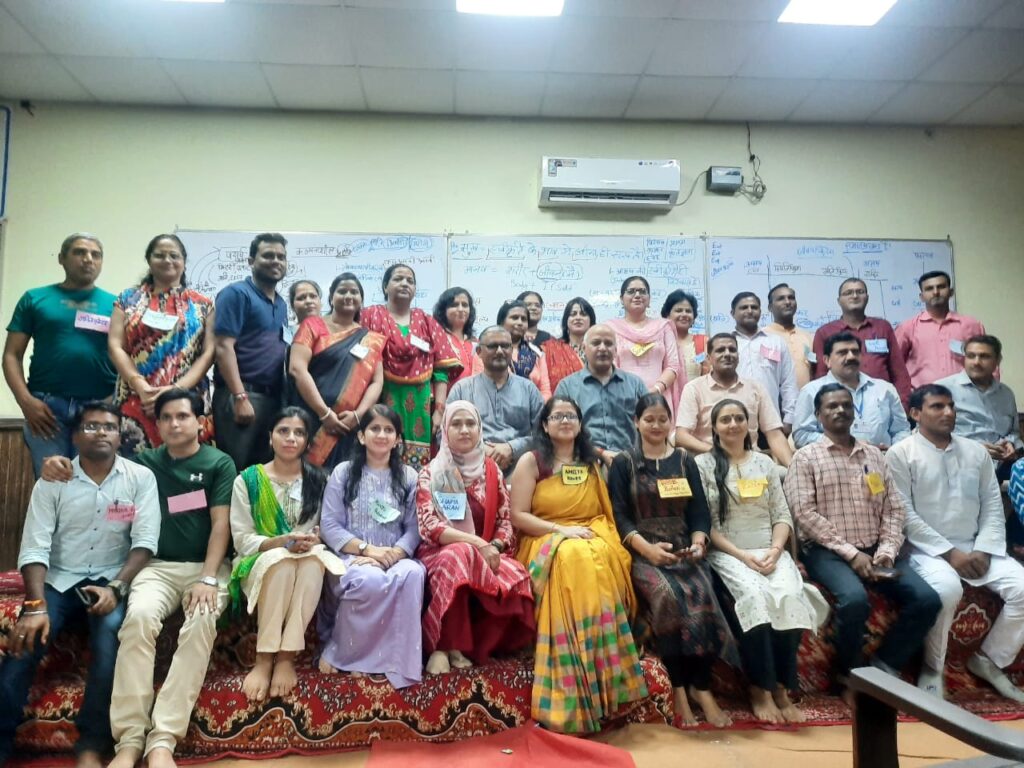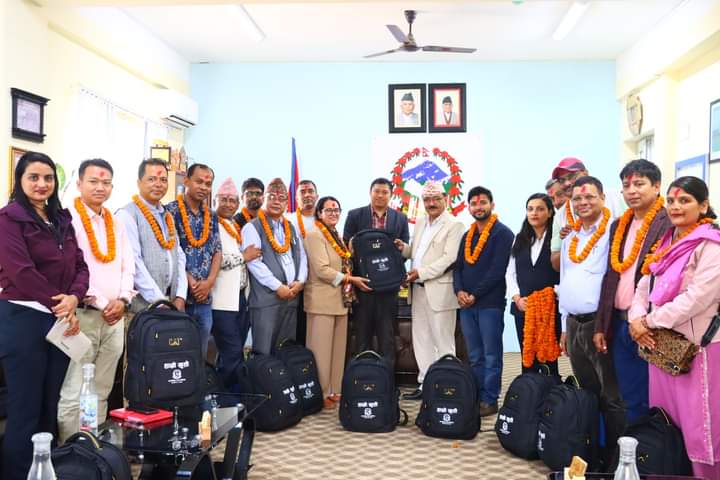- Happiness Curriculum
- Delhi Govt
- Nepal Govt

Links

The flagship mentorship programmes of the Delhi government, Mentor Teacher and Teacher Development Coordinator (TDC) and the Cluster Leadership Development Programme (CLDP) rejuvenated teachers’ and principals’ motivation to contribute to Delhi’s education reforms. Directorate of Education New Delhi has been associated with Abyuday Sansthan Hapur since 2015 to empower its Mentor teachers, Principals, Vice Principals and Heads of schools with a 7 -9 days of residential workshops at Abyuday Sansthan Hapur. The training focused on enabling teachers to develop an understanding of spiritual, intellectual, behavioural, and material aspects of life. Key informants who were part of these programmes recollected feeling a personal paradigm shift caused by a sense of awareness and clarity on how to solve existential problems in society. They learnt about the principles of co-existential philosophy and practised them in their daily life. Happiness Curriculum learned at Abyuday Sansthan has succeeded in shifting the mindset of teachers, brought about changes in students’ behaviour and started a conversation around the importance of social and emotional learning of students in the education ecosystem

In 2019, the Nepalese Ambassador to India visited Delhi Government schools, where they observed a session focusing on the Happiness Curriculum. Impressed by the impact it had on the students, they were particularly struck by its effectiveness. As a result, the Government of Nepal has shown a stronginterest in incorporating this curriculum into their national educational framework.
Recognizing the evolving nature of children’s lifestyles, Nepalese authorities understand the critical importance of addressing emotional intelligence, self-identity, and happiness in young learners. Consequently, they are committed to introducing aspects of the Happiness Curriculum to meet these needs. To initiate this initiative, a delegation carefully selected by the Office of the Chief Minister from the State Affairs and Administration Division of Gandaki Province in Pokhara, Nepal, participated in an extensive 8-day residential Jeevan Vidya workshop at Abyuday Sansthan Hapur. The objective of this workshop was to provide them with the necessary knowledge and tools to successfully implement the Happiness Curriculum within the Nepalese educational system.
Once the delegation returns to Nepal, this initiative will be put into action through collaboration with a diverse range of stakeholders. It aims to encompass all 65 schools, regardless of their classification, whether permanent, temporary, contractual, private, or public. As a result, a multitude of students will reap the benefits of this program. Moreover, beyond positively impacting millions of students, this project is poised to make significant contributions to local administrations, provincial entities, andfederal governments.
